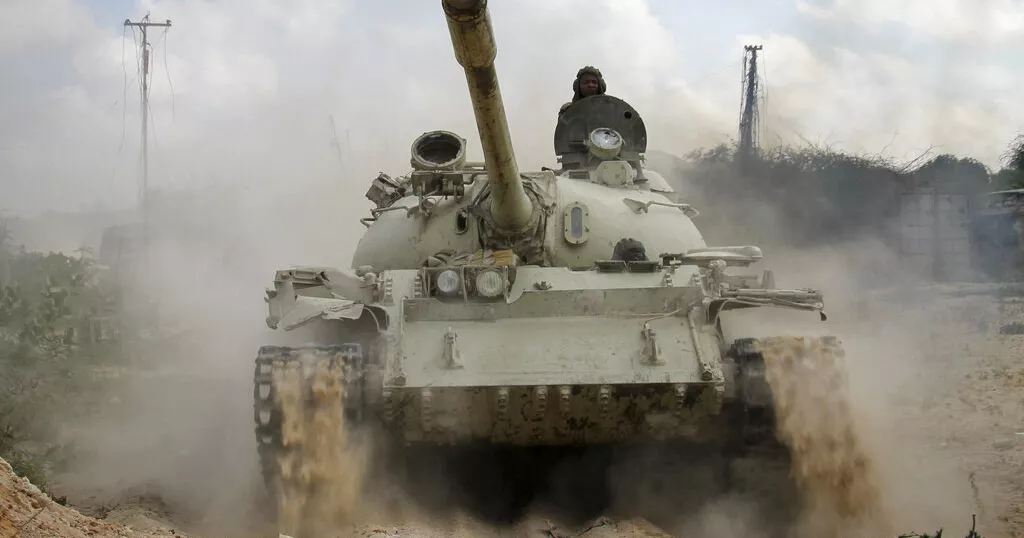Al Shabaab Launches Deadly Assault on Military Base in Somalia
MOGADISHU, March 23 (Reuters) – On Saturday, at least 17 individuals lost their lives in Somalia following an attack by the Islamist group al Shabaab on a military base. The assault occurred at the Busley base situated in the Lower Shabelle region in the country’s southwest, where the attackers briefly seized control of the facility, as confirmed by security officials and the group.
According to a Somalia military officer who spoke with Reuters, armed militants from al Shabaab advanced towards the base using suicide car bombs, initiating a fierce battle. The officer, who requested anonymity due to lack of authorization to speak to the media, stated, “Several suicide car bombs attacked the base after fierce fighting… al Shabaab briefly captured the base.”
He continued, “Then, government reinforcement fiercely battled and drove out al Shabaab.” The confrontation resulted in the deaths of seven Somalia soldiers, including the base commander, and ten al Shabaab fighters.
Local residents reported to Reuters that al Shabaab militants also set military vehicles ablaze and seized others during the assault, indicating the severity of the attack and its impact on the military infrastructure in the area.
The attack underscores the persistent threat posed by al Shabaab in Somalia, despite ongoing efforts by government forces and international partners to combat the extremist group. Al Shabaab, which has affiliations with al-Qaeda, frequently carries out attacks targeting military installations, government officials, and civilians in a bid to destabilize the country and establish its control.
The assault on the Busley base highlights the group’s ability to launch coordinated and deadly attacks, utilizing tactics such as suicide bombings to inflict maximum damage. The brief occupation of the military facility underscores the challenges faced by Somalia’s security forces in containing the threat posed by militant groups operating in various regions of the country.
In response to the attack, Somali authorities are likely to intensify efforts to enhance security measures and counterinsurgency operations aimed at rooting out al Shabaab militants from their strongholds. Additionally, the incident may prompt calls for increased international support and cooperation in the fight against terrorism in Somalia.
The loss of lives and destruction caused by the attack serve as a grim reminder of the ongoing conflict and instability in Somalia, highlighting the urgent need for sustained efforts to address the root causes of extremism and promote peace and stability in the region.



















